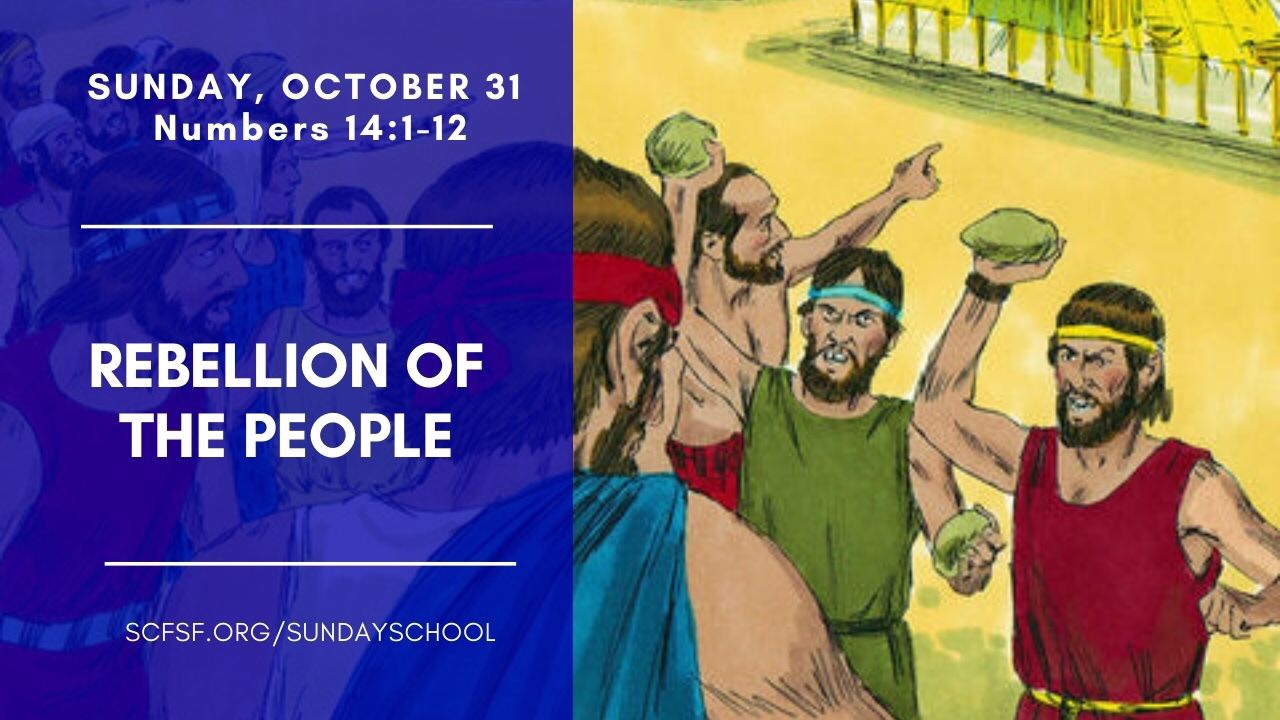Overview
By Doug Smith
Scripture Lesson Text: Esther 3:2-3, 5-6a, 4:7-16
Lesson Text : Esther 8:3-8 ; 9:18-23
This lesson opens with king Ahasuerus giving the house of Haman, the Jews’ enemy to Esther the queen. Haman saw the Jews as a threat to his power, and decided to kill them all. Esther, a Jew became queen, and Mordecai’s role was exposing an assassination plot indebted the king to him. Not only was Haman prevented from killing Mordecai, he also had to suffer the humiliation of publicly honoring him. Within hours, Haman died on the gallows he had built to hang Mordecai ( chapter 7).
Haman had decreed that on the 13th day of the 12th month, anyone could kill the Jews and take their property. Mordecai’s decree could not reverse Haman’s because no law signed by the king could be repealed. Instead, Mordecai had the king sign a new law giving the Jews the right to fight back. To help counter this, Mordecai wrote down these events and encouraged an annual holiday to commemorate the historic day of Purim. This was a celebration of feasting, joy and gladness, gift giving and giving to the poor.
Related Scriptures
By Raufu Spagnoletta
Related Scriptures: Esther 5:1-7:10; 8:15-9:16; Psalm 106:1-5, 44-48
In Esther 5:1-7:10; 8:15-9:16 , Esther stands in the king’s court and the king sees the queen, extends his golden scepter saying, “What is your petition? What is your request?” . Esther states that she wants to have a banquet and invites the king and Haman. Meanwhile, when Haman sees Mordecai at the king’s gate sitting and not bowing before him, Haman is full of indignation against Mordecai and decides to build gallows to hang Mordecai. That night the king, unable to sleep, reads the record of how Mordecai exposed the plot to assassinate him but was never honored. The following day, Haman, who is in the king’s court to speak to the king about hanging Mordecai is instead asked by the king to honor Mordecai.
At the royal banquet Queen Esther, reveals her Jewish identity to the king and asks him to pardon her life and her people against Haman’s plot to annihilate them. In his wrath, the king retreats to the palace garden just as Haman stood up to plead for his life to Queen Esther, for he knew he was doomed. In despair he fell upon the couch where Esther was reclining and the king enraged by Haman’s actions toward the queen, ordered Haman to be hanged on the same gallows he prepared for Mordecai.
Haman’s plot to annihilate the Jews was reversed (8:5) in the twelfth month, the month of Adar, on the thirteenth and fourteenth day. The Jews smote all their enemies with the stroke of the sword, and the ten sons of Haman, the enemy of the Jews were hanged on the gallows. Mordecai was great in the king’s house and his fame went throughout all the provinces. Psalm 106 is classified as a psalm of historical recital, focusing on Israel’s past failures and Yahweh’s grace, and is appropriately titled, ” Israel’s Confession and God’s Mercies.” The Related Scriptures 1-5; 44-48 open and close the psalm with a call to worship (1, 48b), praise (2-3, 48a) and prayer (4-5, 47).
Practical Application
By Olivia Hargrave
1) Fervent intercession, even before human authorities, is often needed to avert evils in this world.
As we walk closely with Jesus, he teaches us how to behave and conduct ourselves in this world. Prayer has always and will continue to be a method to any trial that we might face. Intercession is a tool that God has given us to win the battles that we encounter. As the scripture reminds us, for we wrestle not against flesh and blood, we can see what God has and will do when we are in any battle. Jesus was a prime example on why we can be confident in prayer, overcome whatever obstacle by staying connected to the Father in prayer and intercession.
2) It is good to set aside times to remember when we have experienced deliverance from evil or danger.
My brothers and sisters, just to sit back and ponder on what God has done for us is a precious privilege. God has done so much for us as his children collectively and individually, that we could all go on for years to tell of his goodness. When we get to those moments of feeling down, sad, overwhelmed or like we want to give up that’s when it’s crucial to remember how far God has brought us. Jesus never said that it would be easy, but he did say that he would never leave us or forsake us.. As we reflect on this lesson this week, we can meditate on His goodness, grace, mercy, and love, and the victory provided for us.




